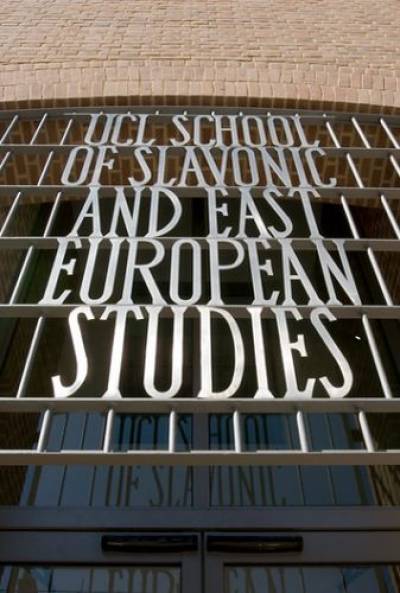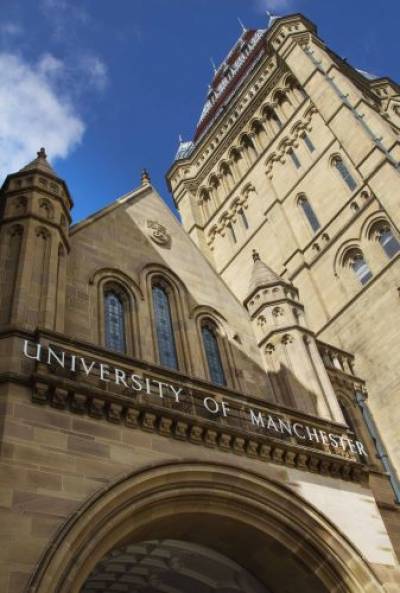
An examination of Marko Vovchok's contribution to the realist canon, within the context of three of her literary acquaintances: Tolstoi, Turgenev and Shevchenko.
Supervisor: Dr Rachel Platonov (Manchester)
Marko Vovchok is already demarcated as a key figure in the development of Ukrainian literary history; in her time lauded for her superlative mastery of the Ukrainian language, achieving unparalleled depths and tonalities through that medium. Little has been said, however, of Vovchok's realism. It is true that her work is generally considered to belong to that designation and her name is occasionally afforded a cursory reference in discussions of more prominent realist writers or significant males with whom she associated, but this project is predicated upon the need to ascertain the extent of Vovchok's contribution to the realist canon in her own right. More specifically, it will aim to determine the influence of a decidedly Ukrainian filter upon the production of realist prose. This thesis, then, will endeavour to survey the field of realist literature in which Vovchok situated herself through literary association, in order to delineate her conjunction with and diversion from realist convention.
The lines of enquiry along which this examination will progress can be divided into three strands. First will be the establishment of the aspects of Vovchok's work which might be considered to conspire to achieve the realist effect. The second strand will be the examination of the output of her contemporary realist writers, specifically Tolstoi and Turgenev, as well as the output of her fellow Ukrainian writer Taras Shevchenko, to establish the points of congruence with and divergence from both her realist and Ukrainian influences. The third strand, the final stage proceeding from the first two, is to gauge and define the nature of Vovchokian realism by teasing out the literary devices peculiar to her own creation of Ukrainian realism.
This research pivots on Vovchok in an unprecedented fashion, envisioning her as the epicentre of the literary circle on whose periphery she is generally considered to stand. More than this, in assessing Vovchok's unique understanding and recreation of realism, it will endeavour to establish not only her personal contribution to the genre, but, more broadly, the Ukrainian contribution, since realism is bound up so tightly with the society which it represents.
 Close
Close










